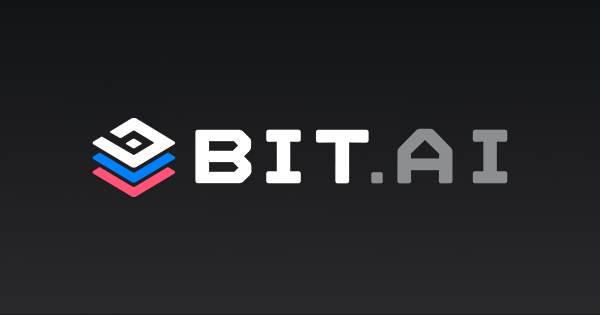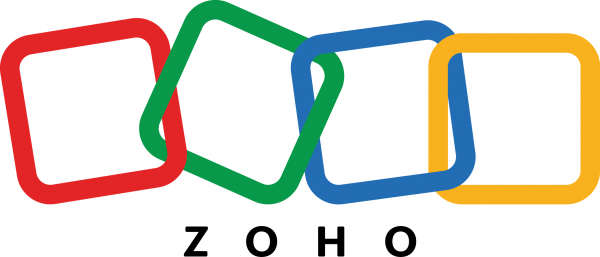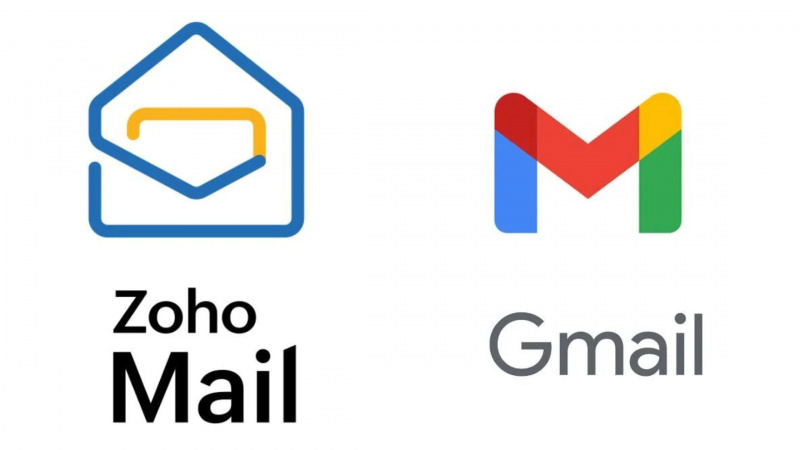Essential Business Management Software: Tools Every Business Should Consider
- by B2B Desk 2024-07-25 10:33:09
As startups evolve and expand, relying solely on spreadsheets and manual documents becomes increasingly impractical. Managing ongoing projects, tracking billable hours, and handling customer invoices can quickly turn into a daunting task prone to errors. This inefficiency not only risks missed deadlines and delayed payments but also impacts customer satisfaction negatively.
In response to these challenges, business management software emerges as a crucial solution. These sophisticated tools are meticulously crafted to automate and streamline critical business operations, ranging from accounting and HR management to project tracking, sales, marketing, and supply chain management.
Each business management software solution offers unique strengths: some specialize in specific areas, seamlessly integrating with other tools to form a tailored suite that evolves with business needs. Conversely, enterprise resource planning (ERP) tools provide comprehensive solutions that consolidate various business functions into a unified platform. While ERPs promise simplified operations by reducing subscription costs and training requirements, they may also present challenges in terms of complexity and ongoing maintenance.
To assist businesses in navigating these choices, we've curated a selection of top-tier business management software solutions. These tools empower businesses to optimize workflows, enhance efficiency, and elevate overall productivity, ensuring they stay agile and competitive in today's dynamic market environment. Whether you're looking to streamline operations, improve customer experiences, or scale efficiently, integrating robust business management software can be the key to achieving your business goals effectively. Here are the best business management software you should know.
Wonders

Wonders provides a specialized restaurant management platform , a prime example of effective business management software tailored for smaller, independent establishments looking to streamline operations and enhance profitability. Beyond basic functionalities like payroll processing and marketing, Wonders offers comprehensive phone and online order management tools. It supports seamless integration with existing restaurant systems, ensuring minimal disruption to daily operations. Pricing for Wonders starts at $99 per month for basic features, with scalable options available based on additional functionalities and support requirements.
Bit.ai

Bit.ai is a robust business management software designed to foster collaboration and streamline document management across teams of all sizes. It stands out with interactive document creation, real-time editing, and smart search capabilities for quick retrieval of information. Bit.ai integrates seamlessly with over 100 platforms, enhancing productivity through easy access to integrated tools and services. Pricing for Bit.ai starts at $12 per user per month for basic features, with a free version available for small teams to explore its functionalities.
Zoho One

Zoho One offers a comprehensive suite of 40+ integrated business applications, serving as an all-in-one operating system for businesses. It includes modules for CRM, finance, HR, project management, and more, facilitating seamless collaboration and workflow automation across departments. Zoho One's pricing starts at $35 per user per month, providing access to all applications within the suite. This scalable pricing model allows businesses to add functionalities as needed, ensuring cost-effectiveness and flexibility in managing business operations.
HoneyBook

HoneyBook caters to creative professionals with an intuitive business management software platform that simplifies client bookings, project management, and financial transactions. It features mobile accessibility for on-the-go management, along with tools for automated workflows, contract signing, and payment processing. HoneyBook's pricing starts at $40 per month, offering customizable plans based on the volume of transactions and additional features required. This pricing structure ensures that creative professionals can scale their operations efficiently while maintaining a seamless client experience.
Chanty

Chanty is a versatile business management software platform for team collaboration, seamlessly integrates messaging, task management, and video conferencing to enhance productivity. It provides a centralized dashboard for organized communication and file sharing, with features for task prioritization through mentions and pinned messages. Chanty offers flexible pricing starting at $3 per user per month, with enhanced plans available for larger teams needing advanced collaboration and project management capabilities.
HubSpot

HubSpot serves as a comprehensive customer platform for small businesses, offering integrated tools for sales, marketing, and customer service management. It supports lead generation, customer relationship management (CRM), and automated marketing campaigns, along with live chat support and analytics for data-driven decision-making. HubSpot's pricing starts at $50 per month for the Starter plan, with scalable options based on the size of the business and specific needs for CRM and marketing automation.
nTask

nTask is an essential business management software that combines task management, project planning, and meeting organization into a single platform. It features time tracking, risk management, and interactive Gantt charts for efficient project execution. nTask offers flexible pricing starting at $5.99 per user per month, with additional features such as meeting management and advanced reporting available in higher-tier plans. This scalable pricing model ensures that businesses can adapt nTask to their specific project management needs while optimizing team collaboration and productivity.
FAQs
Q. Is business management software that a company can use to collect store manage and interpret data?
A. ERP is usually referred to as a category of business management software—typically a suite of integrated applications—that an organization can use to collect, store, manage and interpret data from many business activities. ERP systems can be local-based or cloud-based.
Q. How does business software work?
A. By automating routine tasks, such as data entry, invoicing, and inventory management, businesses can save time and reduce the risk of human error. This leads to increased productivity as employees can focus on more strategic and creative tasks. Automation through business software reduces operational costs.
Q. What is business management used for?
A. Business management includes determining how well a company is meeting its business goals. That work involves keeping an eye on progress, assessing performance, and making changes as needed. Managers typically use key performance indicators (KPIs) to monitor team progress and achieve targets.
Q. What technology is used in business management?
A. AI and ML technologies have revolutionized decision-making by offering data-driven insights and predictive analytics capabilities. These tools can analyze large volumes of data, identifying patterns and trends that can help businesses make informed decisions, mitigate risks, and uncover new opportunities.
Also Read: WhatsApp's New Feature: Connect Without Sharing Your Phone NumberPOPULAR POSTS
The Agentic Revolution: Why Salesforce Is Betting Its Future on AI Agents
by Shan, 2025-11-05 10:29:23
OpenAI Offers ChatGPT Go Free in India: What’s Behind This Big AI Giveaway?
by Shan, 2025-10-28 12:19:11
Zoho Products: Complete List, Launch Years, and What Each One Does
by Shan, 2025-10-13 12:11:43
Arattai vs WhatsApp: Which Messaging App Should You Choose in 2025?
by Shan, 2025-10-10 11:55:06
Top Buy Now Pay Later (BNPL) Apps for Easy Shopping in 2025
by Shan, 2025-09-22 10:56:23
iPhone 17 Sale in India Begins: Full Price List, Launch Offers and Store Availability
by Shan, 2025-09-19 12:00:45
Apple September 2025 Event Recap: iPhone 17, iPhone Air, Apple Watch Series 11, and India Pricing Revealed
by Shan, 2025-09-10 09:55:45
RECENTLY PUBLISHED

Loan EMIs to Drop as RBI Slashes Repo Rate - Full MPC December 2025 Highlights
- by Shan, 2025-12-05 11:49:44

Pine Labs IPO 2025: Listing Date, Grey Market Premium, and Expert Outlook
- by Shan, 2025-11-05 09:57:07

Top 10 Insurance Companies in India 2026: Life, Health, and General Insurance Leaders Explained
- by Shan, 2025-10-30 10:06:42

Best Silver Investment Platforms for 2025: From CFDs to Digital Vaults Explained
- by Shan, 2025-10-23 12:22:46

Zoho Mail vs Gmail (2025): Which Email Platform Is Best for Businesses, Startups, and Students?
- by Shan, 2025-10-09 12:17:26

PM Modi Launches GST Bachat Utsav: Lower Taxes, More Savings for Every Indian Household
- by Shan, 2025-09-24 12:20:59




 Subscribe now
Subscribe now 